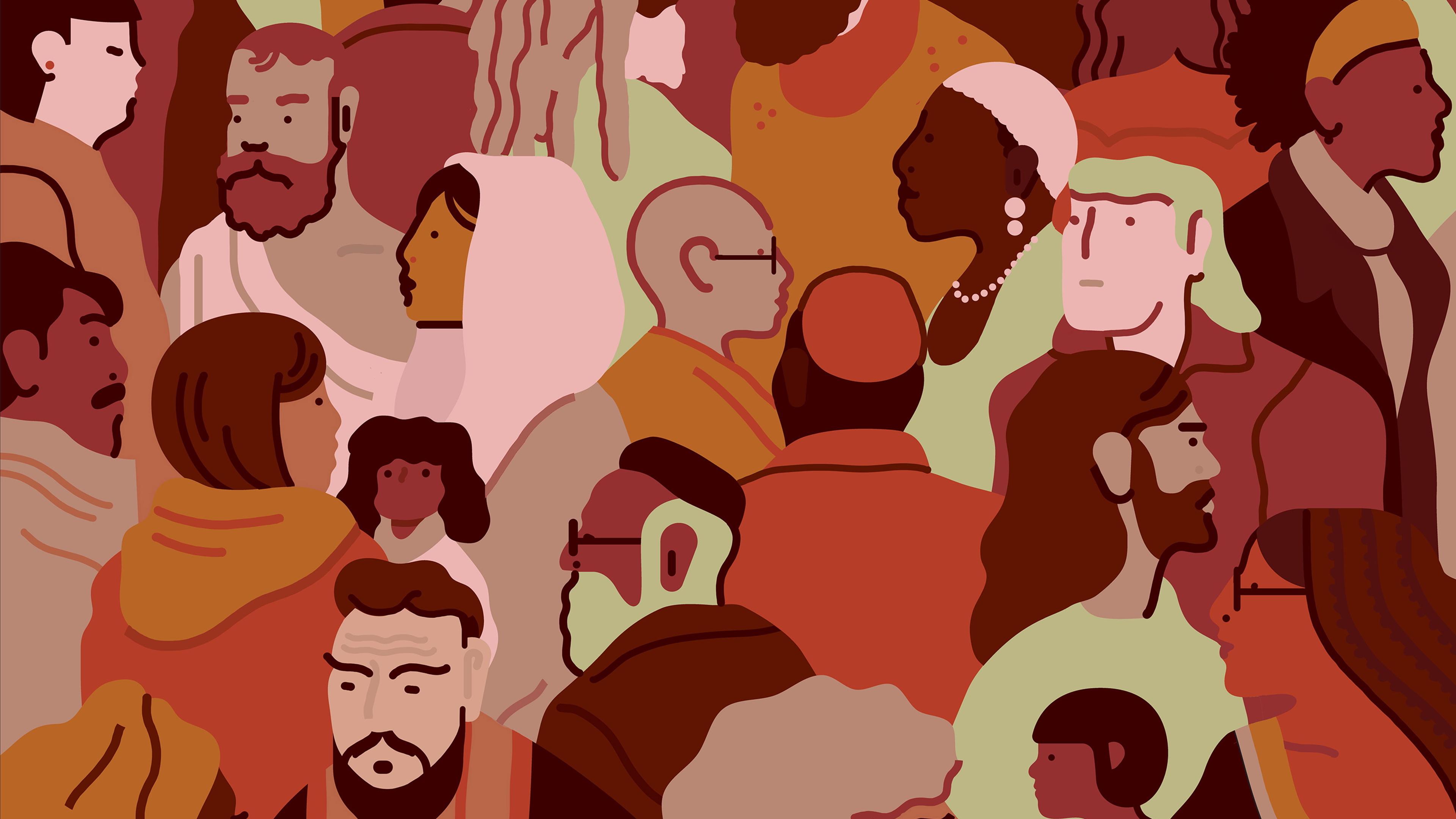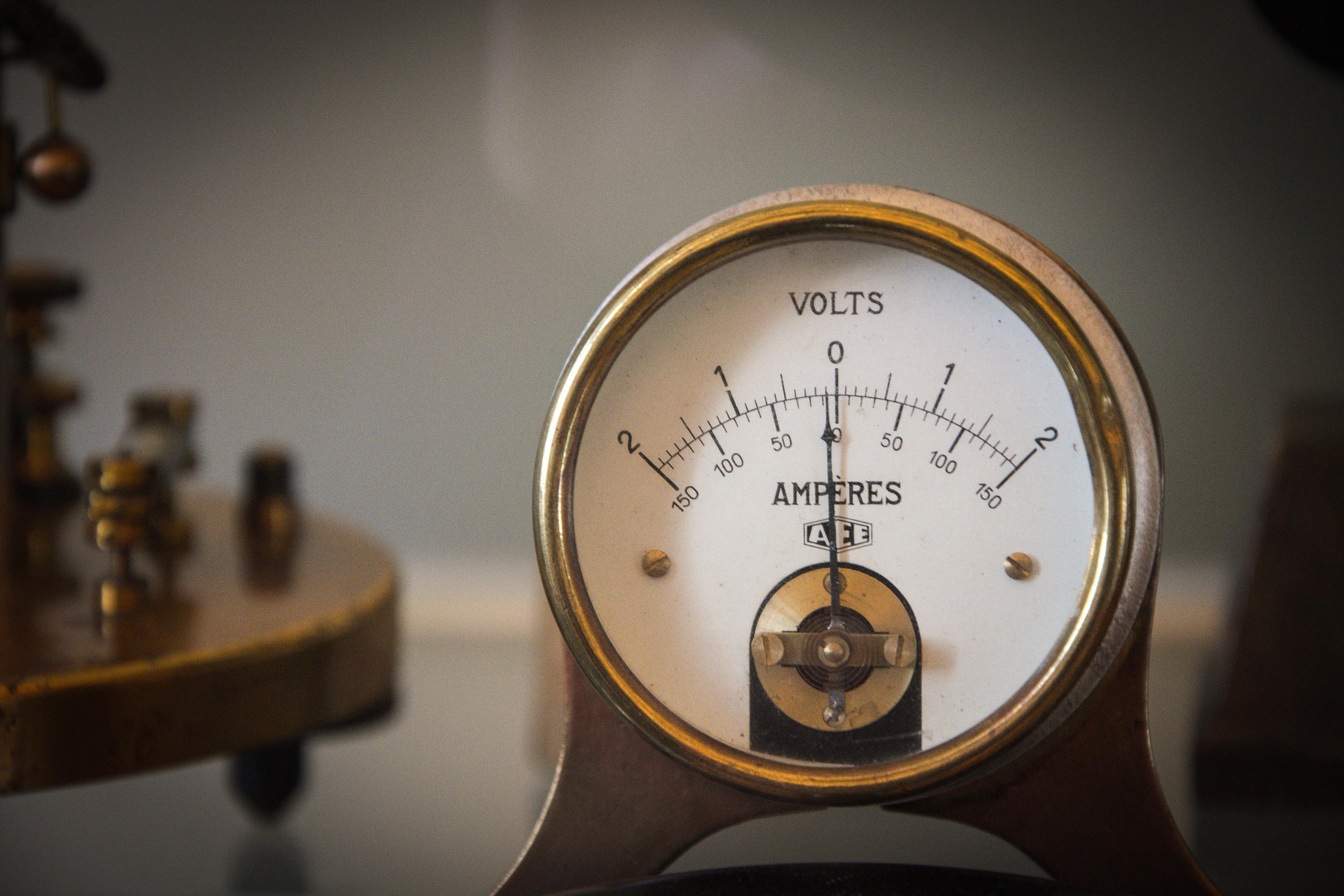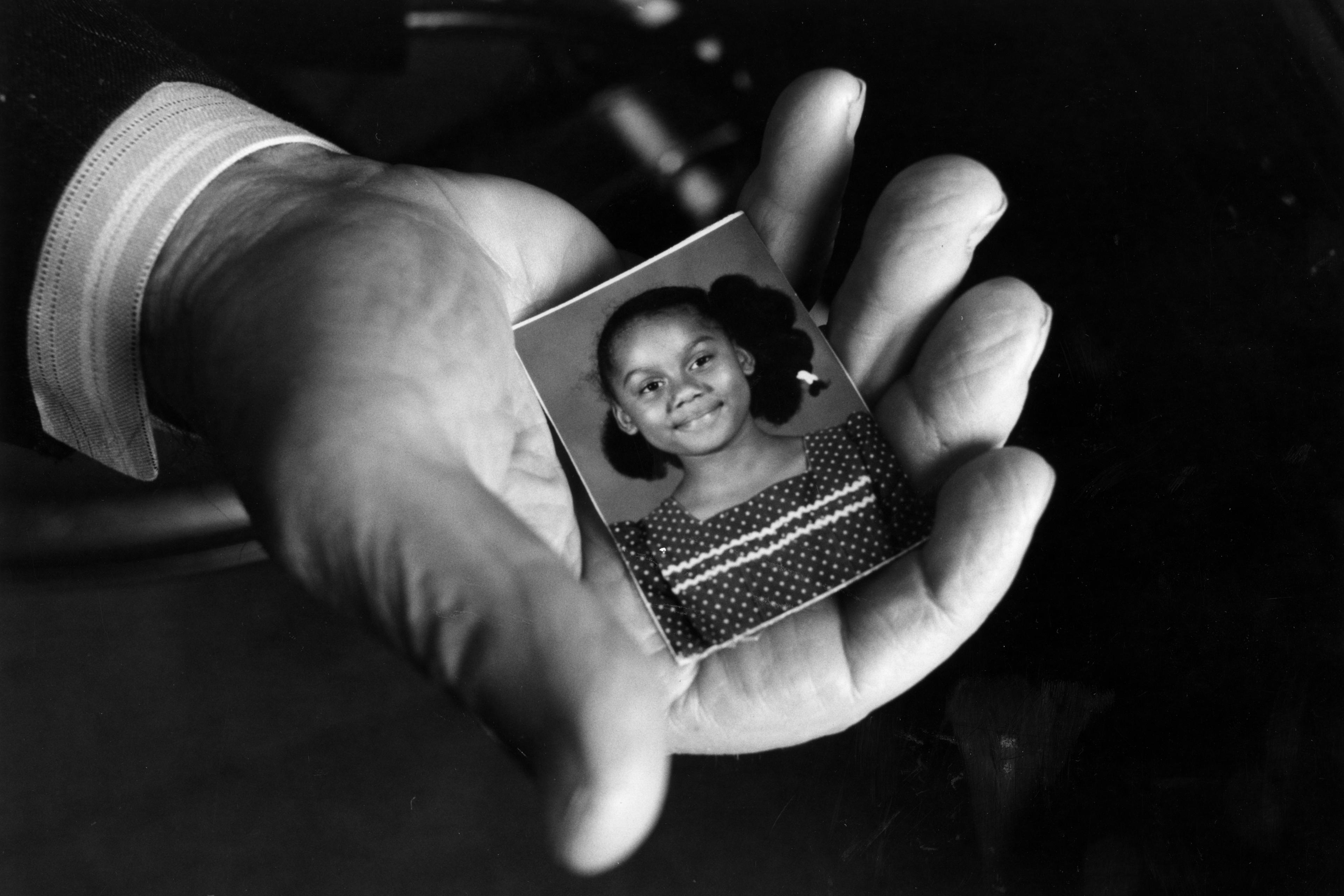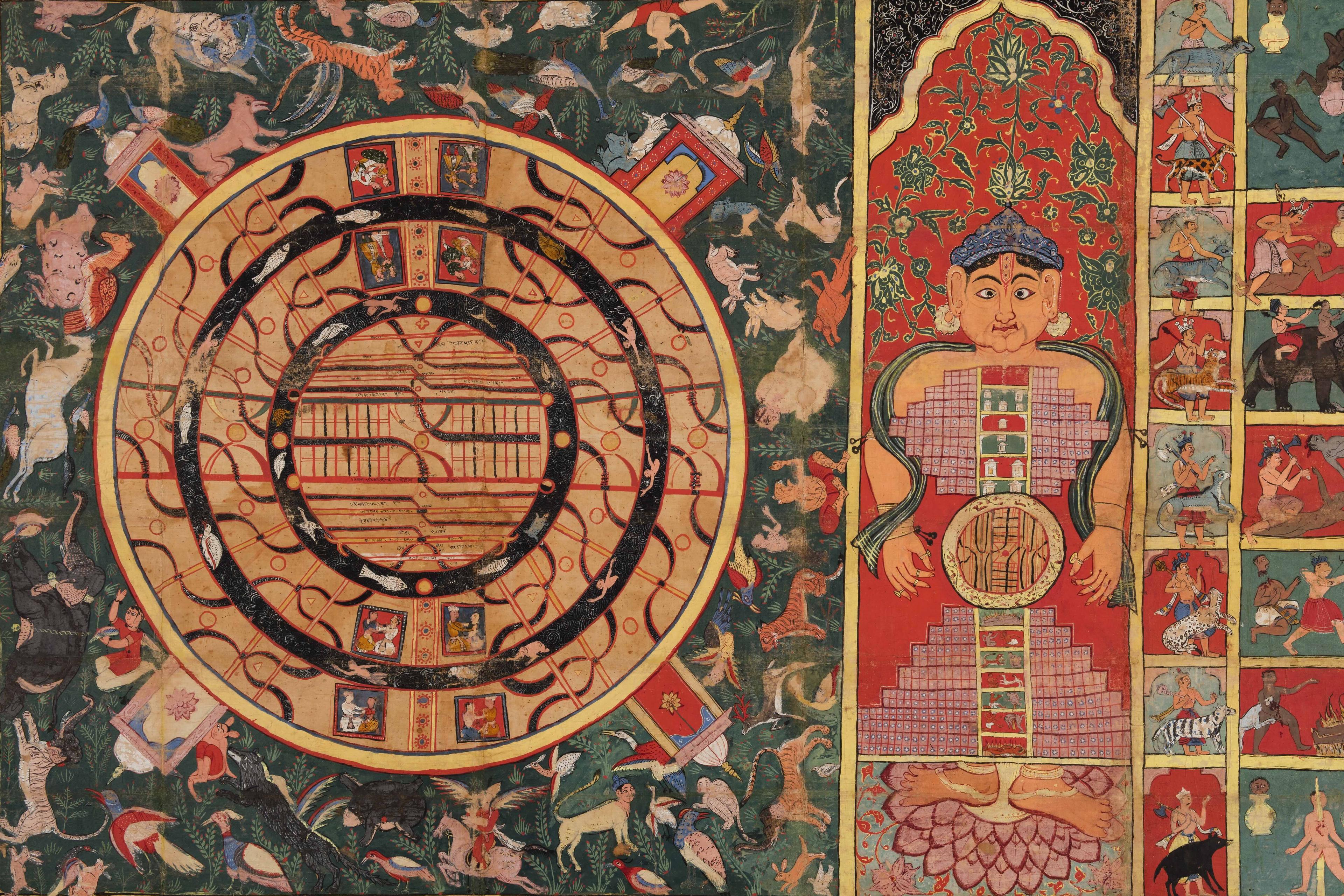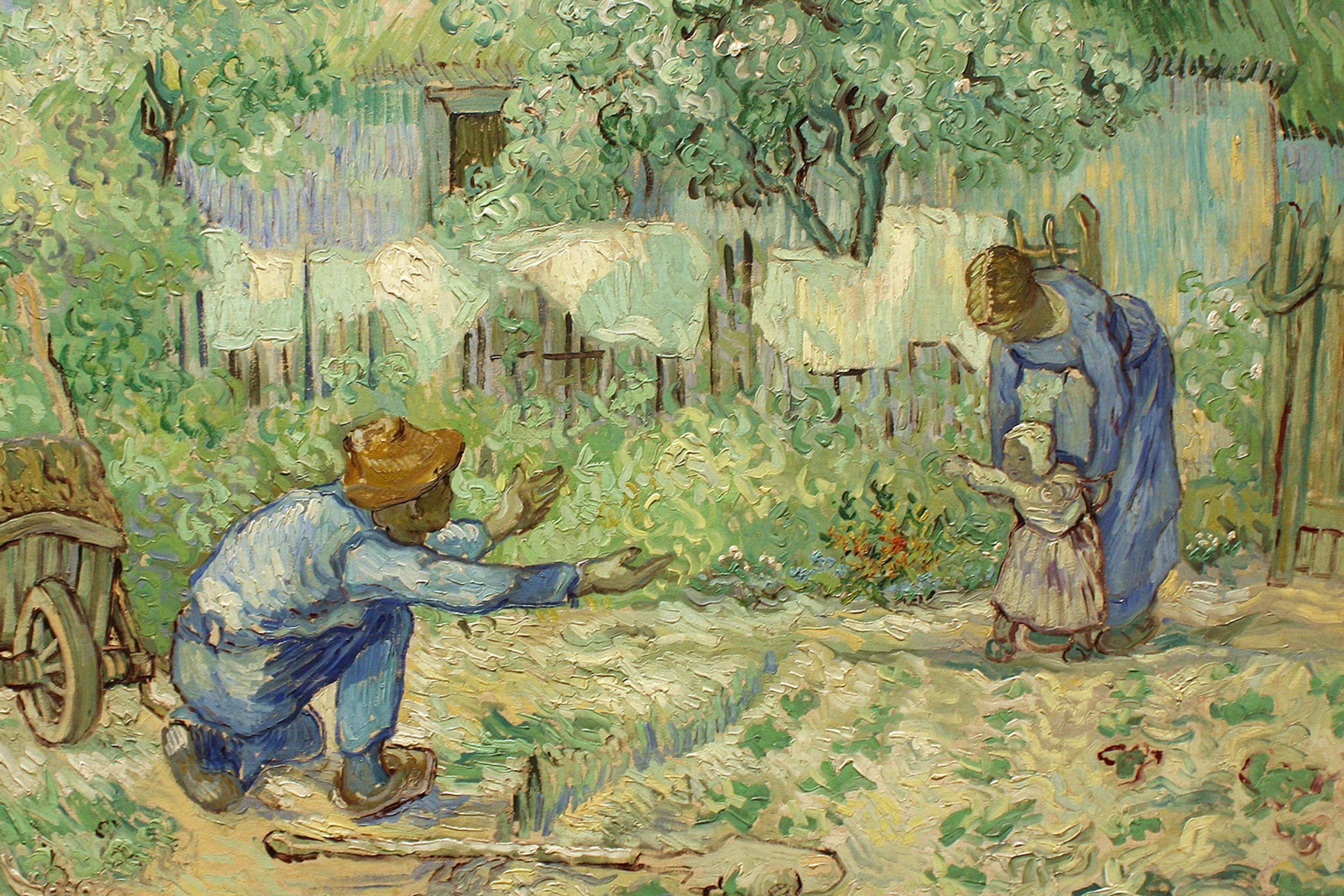Imagine you’re facing a life-altering decision. You have been offered a once-in-a-lifetime job opportunity abroad, but it means leaving behind your partner who can’t relocate. Torn between your career aspirations and your commitment to the relationship, you start wondering what the wisest way would be to make such a decision. Should you approach the dilemma with a cold mind and weigh all the pros and cons in an analytical and logical manner, or would it be wiser to tune into your feelings and make a decision in line with your heart? Moreover, which one of these ways to handle the dilemma would your friends and family perceive as wise?
The age-old question of what constitutes wisdom has puzzled great minds for centuries. From ancient Greek philosophers like Aristotle, who emphasised the value of logical reasoning, to Chinese sages like Confucius, who prioritised moral character and social harmony, the pursuit of wisdom has been a universal human endeavour. In today’s complex world, where many people face unprecedented environmental, economic or societal challenges and difficult decisions, the quest for wisdom remains as relevant as ever.
As social creatures, humans often look to others for guidance and inspiration. We listen to the leaders we admire, the mentors who guide us, and our partners who support us. Wise individuals serve as a contrast to the unwise; they are the ones we choose to follow, vote for, and strive to become. When faced with a difficult dilemma similar to the opening scenario, people will often turn to the role models they consider to be exemplars of wisdom. They might ask themselves, ‘What would Jesus do?’ or, jokingly, ‘What would Beyoncé say?’
But what exactly makes up wisdom? In other words, which characteristics do people perceive as central to a wise judgment – and does this vary around the world? To answer this question, we and a large group of colleagues from around the world conducted a study involving 2,707 participants from 16 cultural groups, including populations as diverse and far-flung as Morocco and Peru, Japan and Slovakia, India and Canada. We presented them with verbal portraits of 10 individuals – including a scientist, a politician and a teacher – and we asked them to compare these targets with each other, and with themselves, based on 19 ways of dealing with a complex situation where there were no right or wrong answers.
For example, participants compared ‘Dr Morgan, a scientist who gathers information about plants, animals, and people to make sense of the world’ with ‘Alexis, a schoolteacher who educates 12-year-olds about local history and literature’. They decided who was more likely to ‘think before acting or speaking’, ‘think logically’, ‘consider someone else’s perspective’ (and 16 other ways of dealing with complex situations) when trying to make a difficult choice; then, they rated the wisdom of each of these individuals and themselves. We analysed all these comparisons to work out the hidden dimensions that the participants relied upon to judge the actions and feelings of the 10 hypothetical characters; and then we calculated the weight they gave to these dimensions when inferring the wisdom of these characters.
Picture a teacher who not only imparts knowledge but also takes time to understand each student’s unique needs
Our findings revealed that, when people make judgments about wisdom, they are essentially linking wisdom to two key dimensions that we call reflective orientation and socio-emotional awareness. Reflective orientation is probably what first comes to mind when you think about a ‘smart’ person: it involves logic, rationality, control over emotions, and the application of past experiences. Imagine a brilliant scientist who spends all their time in the lab studying the mysteries of the Universe, carefully analysing data and drawing conclusions based on evidence. This individual exemplifies the reflective aspect of wisdom.
On the other hand, socio-emotional awareness involves caring for others, active listening, and the ability to navigate complex and uncertain social situations. Picture a compassionate teacher who not only imparts knowledge but also takes the time to understand each student’s unique needs and challenges, flexibly adapting to their needs. This teacher embodies the socio-emotional dimension of wisdom.
We found that the two dimensions are closely related, and people think about both of them when determining whether to label a character as wise. Our participants rated the hypothetical characters as most wise when they scored high on both dimensions.
We also wondered how people’s attitudes to these dimensions of wisdom might vary across cultures. Anthropological and cultural psychological studies have long suggested that wisdom is deeply embedded within specific cultural norms and values. Many researchers have emphasised the differences between ‘Eastern’ and ‘Western’ conceptions of wisdom. The presumed collectivism of Chinese culture, for example, is often attributed to the Confucian and Taoist traditions, which place great importance on social and contextual awareness. In contrast, the individualism of Western cultures is frequently linked to a focus on analytical thinking coming from ancient Greek and Roman philosophers, as well as the intellectual ideals of the Enlightenment. Consequently, it seemed straightforward to assume that the socio-emotional awareness dimension we identified would be more closely associated with wisdom by participants in the global East whereas the reflective orientation dimension would be prioritised by those in the West.
Instead, our findings revealed a surprising commonality in how people around the world perceive wisdom in themselves and others, with both the key dimensions receiving a similar weighting across all cultures. We think this commonality is likely rooted in the need to get ahead and the need to get along, which some scholars have referred to as fundamental human needs. Getting ahead involves recognising who is competent and has the agency to make things happen – qualities that align with the reflective orientation dimension of wisdom. Getting along requires abilities related to the socio-emotional awareness dimension of wisdom.
When it comes to socio-emotional awareness, there are fewer forms of objective feedback that compel us to adjust an inflated opinion
Part of our study also involved asking our participants to rate their own wisdom in comparison with the hypothetical characters. This revealed an interesting bias in self-perception that was also present across cultures. People generally acknowledged their own cognitive limitations, rating themselves lower in reflective orientation than the wisest individuals. However, they tended to see themselves as more socially and emotionally aware than most others. In other words, they were willing to acknowledge their cognitive imperfections but believed they excelled in empathy, communication and awareness of social context.
This degree of cross-cultural consistency surprised us again. Previous research had suggested an overly favourable view of one’s socio-emotional awareness is a characteristic of Western cultures, but in our data this self-perception bias was present across multiple cultures, including those typically depicted as non-Western, such as in China, India, Japan and Morocco. This again challenges some of the persistent stereotypes people hold about East vs West and South vs North.
We propose that this universal bias in self-perception stems from differences in the feedback we receive in everyday life about ourselves in relation to the two dimensions of wisdom. It is much harder to preserve an inflated sense of one’s reflective and analytic qualities because school grades and career outcomes constantly force us to calibrate our self-opinions. However, when it comes to our socio-emotional awareness, there are fewer forms of objective feedback that compel us to adjust an inflated opinion. Imagine an unpopular manager who believes he is caring and approachable because he has an ‘open-door policy’ – even if he hears a negative comment or two, it might be easier to ignore or downplay them than to ignore an exam failure or job rejection.
As we navigate our busy days, it is worth all of us taking a moment now and again to reflect on our own wisdom. Have we been acting with enough wisdom? How can we balance reason with empathy in our lives? In many ways, the path to wisdom is a deeply personal one, shaped by reflection on our individual experiences, cultural backgrounds, and the wise exemplars we choose to follow. But, at the same time, when it comes to judging where others are on this path, it seems that all of us, wherever we are in the world, are looking through a shared lens.
This Idea was made possible through the support of a grant to Aeon Media from the John Templeton Foundation. The opinions expressed in this publication are those of the authors and do not necessarily reflect the views of the Foundation. Funders to Aeon Media are not involved in editorial decision-making.
